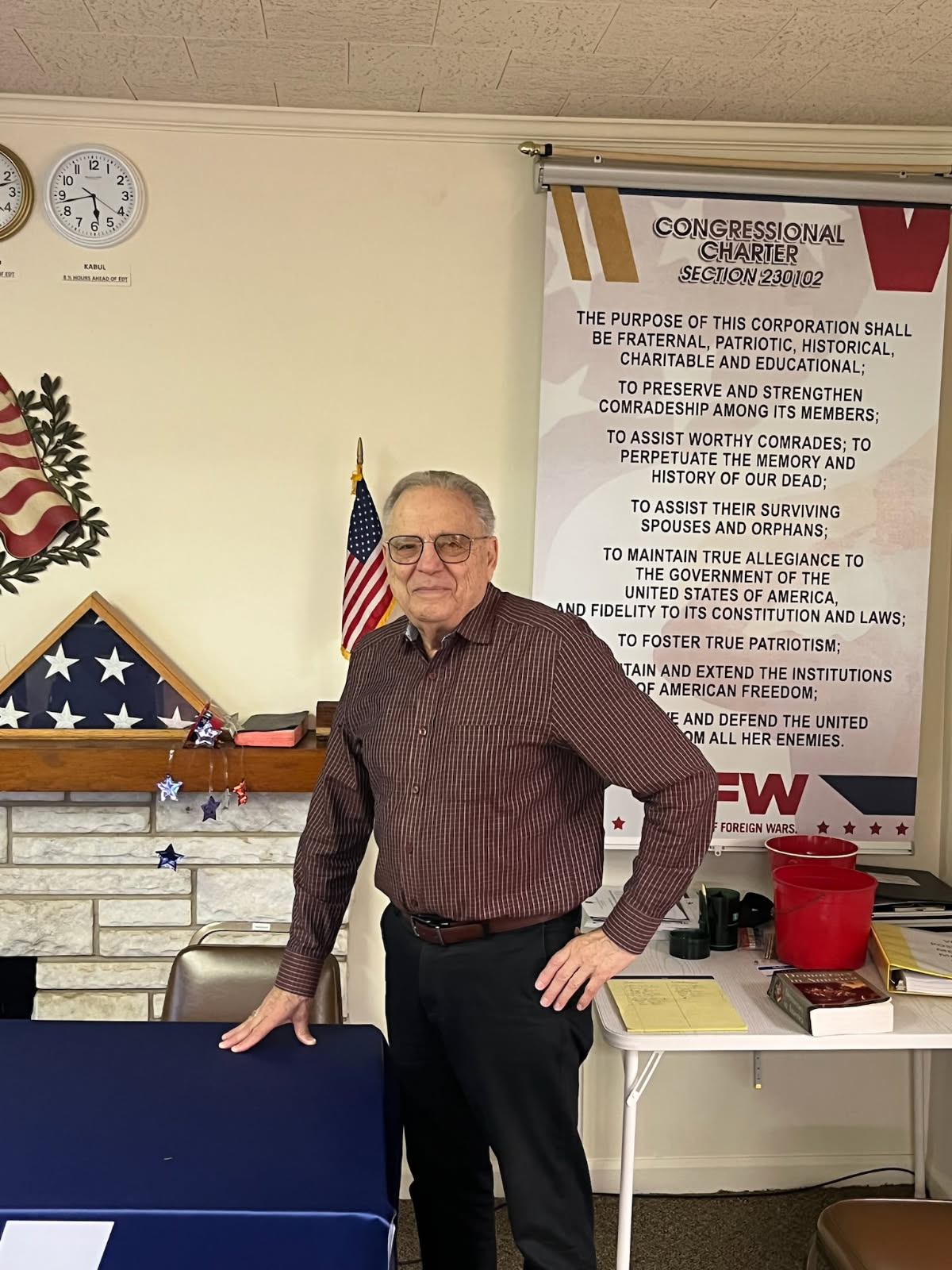Title: Unveiling the Complexities: American Students Supporting Hamas
Introduction:
In recent years, there has been growing concern about American students expressing support for Hamas, a Palestinian political and military organization designated as a terrorist group by the United States. While this phenomenon may seem perplexing at first glance, it is essential to delve deeper into the complexities surrounding this issue. This article aims to shed light on the motivations, influences, and consequences of American students supporting Hamas, exploring the concept of “useful idiots” in this context.
Understanding Hamas:
Hamas, an acronym for Harakat al-Muqawama al-Islamiyya (Islamic Resistance Movement), was founded in 1987 during the First Intifada, a Palestinian uprising against Israeli occupation. The organization’s primary goal is to establish an Islamic state in the region encompassing present-day Israel, the West Bank, and the Gaza Strip. Hamas has gained support among Palestinians due to its social welfare programs, anti-corruption stance, and resistance against Israeli occupation.
The Rise of American Students Supporting Hamas:
The emergence of American students expressing support for Hamas can be attributed to various factors. Firstly, the Israeli-Palestinian conflict has long been a contentious issue, attracting attention from activists worldwide. American college campuses, known for their vibrant political discourse, have become breeding grounds for discussions on this conflict. Some students may feel compelled to express solidarity with Palestinians and view Hamas as a symbol of resistance against perceived Israeli oppression.
Secondly, social media platforms have played a significant role in amplifying voices and facilitating connections among like-minded individuals. Online communities provide a space for American students to engage with international events and form opinions based on limited information or biased sources. This exposure can lead to the adoption of simplistic narratives that overlook the complexities of the Israeli-Palestinian conflict.
The Influence of Propaganda:
Propaganda also plays a crucial role in shaping the views of American students supporting Hamas. Pro-Palestinian organizations and individuals often employ emotionally charged rhetoric and imagery to garner sympathy and support. These messages can oversimplify the conflict, portraying Palestinians as victims and Israelis as oppressors. Such one-sided narratives can manipulate the perception of American students, leading them to sympathize with Hamas without fully understanding the organization’s history, tactics, or broader geopolitical implications.
The Concept of “Useful Idiots”:
The term “useful idiots” refers to individuals who unintentionally support a cause or organization without comprehending its true nature or consequences. In the context of American students supporting Hamas, this term suggests that some individuals may be inadvertently aiding a group that employs violence and terrorism as means to achieve its objectives. These students may genuinely believe they are advocating for justice and human rights but fail to recognize the complexities and nuances of the Israeli-Palestinian conflict.
Consequences and Challenges:
The support for Hamas among American students has far-reaching consequences. It can contribute to the polarization of campus debates, hinder constructive dialogue, and perpetuate a cycle of violence in the Israeli-Palestinian conflict. Additionally, it may strain relationships between pro-Israeli and pro-Palestinian student groups, making it challenging to find common ground for peaceful resolutions.
Conclusion:
The phenomenon of American students supporting Hamas is a complex issue that requires careful examination. While some individuals may genuinely believe they are advocating for justice and human rights, it is crucial to encourage nuanced discussions and promote a deeper understanding of the Israeli-Palestinian conflict. By fostering dialogue, providing accurate information, and encouraging critical thinking, universities can play a vital role in guiding students towards a more comprehensive understanding of the complexities surrounding this contentious topic.




